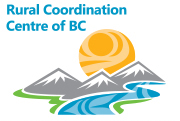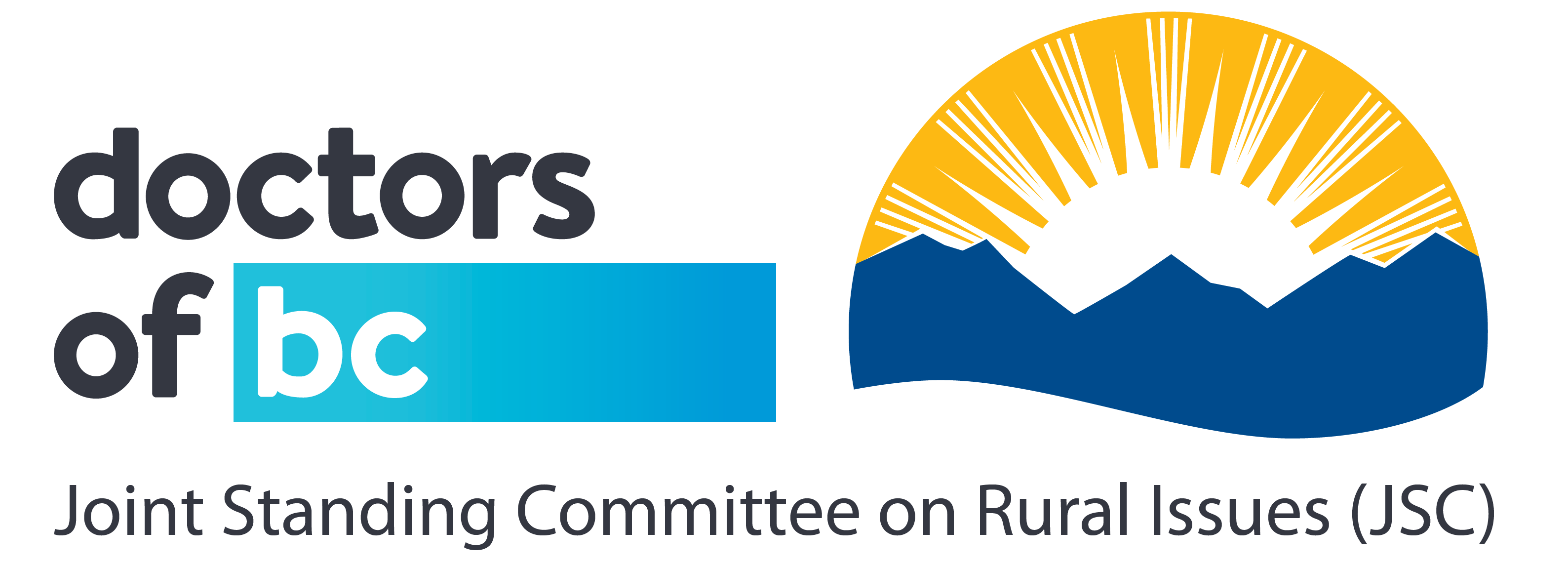Hands-On Ultrasound Education (HOUSE)
Overview
The Hands-On Ultrasound Education (HOUSE) Program gives rural physicians the training and confidence to integrate point-of-care ultrasound into their practice. HOUSE was specifically designed to meet the unique needs of rural physicians. By providing education that is customized for each community, the program meets the needs of learners with a wide range of pre-existing skills. HOUSE delivers learning in a relaxed and fun environment, with a high instructor to student ratio, to maximize hands-on practice time.
The HOUSE program was developed and is operated by the UBC Faculty of Medicine’s Division of Continuing Professional Development (UBC CPD) in partnership with the Rural Coordination Centre of BC within the UBC Rural CPD program. Funding for the HOUSE program was provided by the Joint Standing Committee on Rural Issues, a joint committee of the Doctors of BC and BC Ministry of Health.
About Us
{"preview_thumbnail":"/sites/default/files/styles/video_embed_wysiwyg_preview/public/video_thumbnails/2hAjXdZrzgs.jpg?itok=sF7VEg4C","video_url":"https://www.youtube.com/watch?v=2hAjXdZrzgs&ab_channel=UBCCPD","settings":{"responsive":1,"width":"854","height":"480","autoplay":0},"settings_summary":["Embedded Video (Responsive)."]}
Redefined
HOUSE has redefined ultrasound education. This program has transformed standardized ultrasound training into a unique educational program designed specifically for rural physicians. Flexible in terms of scale and content, the program can accommodate communities of different sizes and is tailored to the specific needs of each learner. In addition, the curriculum employs clinical scenarios to teach how to incorporate the newly acquired ultrasound skills into patient care.
Hands-On
HOUSE makes hands-on learning a priority. By maximizing the time spent at the bedside practicing hands-on skills, the program prioritizes skill acquisition, which is generally difficult to access in rural settings. The instructor to student ratio and course setup maximizes the hands-on time for an unprecedented amount of probe time.
Safe and Confident
HOUSE does more than teach rural physicians how to perform ultrasound; it also teaches practitioners to use it safely and with confidence. As a powerful resource that can significantly improve patient care, all physicians need to know how to use ultrasound. We believe that you can safely incorporate this tool into your practice, even if you are a beginner. We also show you how to be assured that the pitfalls of POCUS do not lead you astray.
Fun
The HOUSE learning environment is fun, friendly and collegial. The structure of the day is informal, flexible, down to earth and practical. HOUSE provides a safe and collaborative opportunity for learning. Our instructors include rural physicians who understand the specific needs of rural practitioners.
Easy
We do the work of course organization for you. We make it easy for rural communities to host the program. By taking on as much of the planning work as we can, the local physicians are not burdened with the workload of planning typically associated with running other courses.
Affordable
HOUSE offers exceptional value. Our primary aim is to improve ultrasound skills amongst rural physicians, so we run our courses on a cost recovery basis. No other course in Canada offers all the advantages of HOUSE, and at such a low price.
Community-focused
HOUSE supports ongoing skill acquisition after visiting a community. We are currently developing some other innovative educational opportunities for HOUSE participants. These include real time virtual education offerings, curated educational resources that meet the needs of rural docs, and networking opportunities for rural physicians to link up with each other, and provincial POCUS resources.
Courses
All our HOUSE offerings travel to your community, maximize the hands-on time, and teach to learners with variable skill levels. While we have two off-the-shelf courses, we customize the agenda of each course to suit your community needs. Tell us what you need, and we will create the course for you.
HOUSE EM
Designed for Rural Practitioners in the acute care setting. Sample modules include:
- Shock
- Trauma
- Abdominal pain
- Muskuloskeletal
- Dyspnea
Each course can accommodate 3-16 participants, and is certified by the College of Family Physicians of Canada for up to 63.0 Mainpro+ credits.
HOUSE OB
Designed for Primary Care Providers, in this course, participants will learn to recognize third and first trimester ultrasound indications including:
- Fetal presentation
- Fetal cardiac activity
- Fetal dating
- Amniotic Fluid Index (AFI)
Each course can accommodate a minimum of 12 participants, and is certified by the College of Family Physicians of Canada for up to 27.0 Mainpro+ credits.
HOUSE IM
Designed for Rural Clinicians in the hospital setting. Sample modules include:
- JVP and IVC
- Lung ultrasound
- Basic cardiac ultrasound
- Ultrasound for procedures
- Systems based PoCUS
Each course can accommodate a minimum of 6 participants.
Resources
BC PoCUS is a clinically oriented website that helps learners and practitioners find point of care ultrasound refreshers.
Explore these additional resources to learn more about PoCUS or to reinforce skills and knowledge you have learned before.
Frequently Asked Questions
How do I request a course?
Please contact us! Talk to your colleagues, find out what your community needs are, and the estimated number of attendees. Our course coordinator will follow up with you to discuss further details, and let you know our available dates. We are usually booked up 6 months ahead of time, although smaller community courses are easier to schedule. After setting a date for the course, we will organize a phone call between you and one of our HOUSE course instructors to create your customized agenda.
How much does the course cost?
Each of our courses costs $2200 + 5% GST per person per course-day.
What is included in the course fee?
Almost everything! The fees cover the wages for the local coordinator, the costs of shipping ultrasound equipment and supplies, ultrasound model honoraria, participant meals (breakfast, lunch, and refreshments on the course day), access to online pre-learning materials, CME accreditation costs and instructor teaching time. Please note that we operate this course on a cost recovery basis, to make this course as affordable as possible.
What do we need from you?
We like to make putting on this course as simple as possible for communities – so we take on as much of the organization as possible. We hire a local coordinator to take care of the local logistics, so that the demands on local physicians are minimal. This is one way that we differ from other ultrasound courses out there. That being said, we do need local physician involvement to put on a successful course. We rely on you to communicate with your physician colleagues, to find out your local needs, disseminate registration information, and to find positive models with positive pathology. Without your contribution, the course cannot be successful.
Who organizes the local ultrasound models?
We hire a local coordinator from your community, whom we pay to recruit the healthy models to be scanned during the course. The local coordinator will also help to coordinate the models with pathological findings, although in our experience they need local physicians to recruit these patients. The presence of models with pathological findings significantly improves the course experience.
Will this course count toward my CORE IP status?
The HOUSE EM module, Ultrasound for CORE IP Skills, is officially approved as a CORE introductory course with the Canadian Point of Care Ultrasound Society (cPoCUS). This means that after taking this course, participants would have completed the first step in becoming CORE IP certified (they would still need to complete 50 determinate scans in each CORE POCUS application after the course).
Acknowledgements
This project was developed and is operated by the UBC Faculty of Medicine's Division of Continuing Professional Development (CPD) in partnership with the Rural Coordination Centre of BC. Funding for the Rural POCUS Rounds was provided by the Joint Standing Committee on Rural Issues, a joint committee of the Doctors of BC and BC Ministry of Health.


